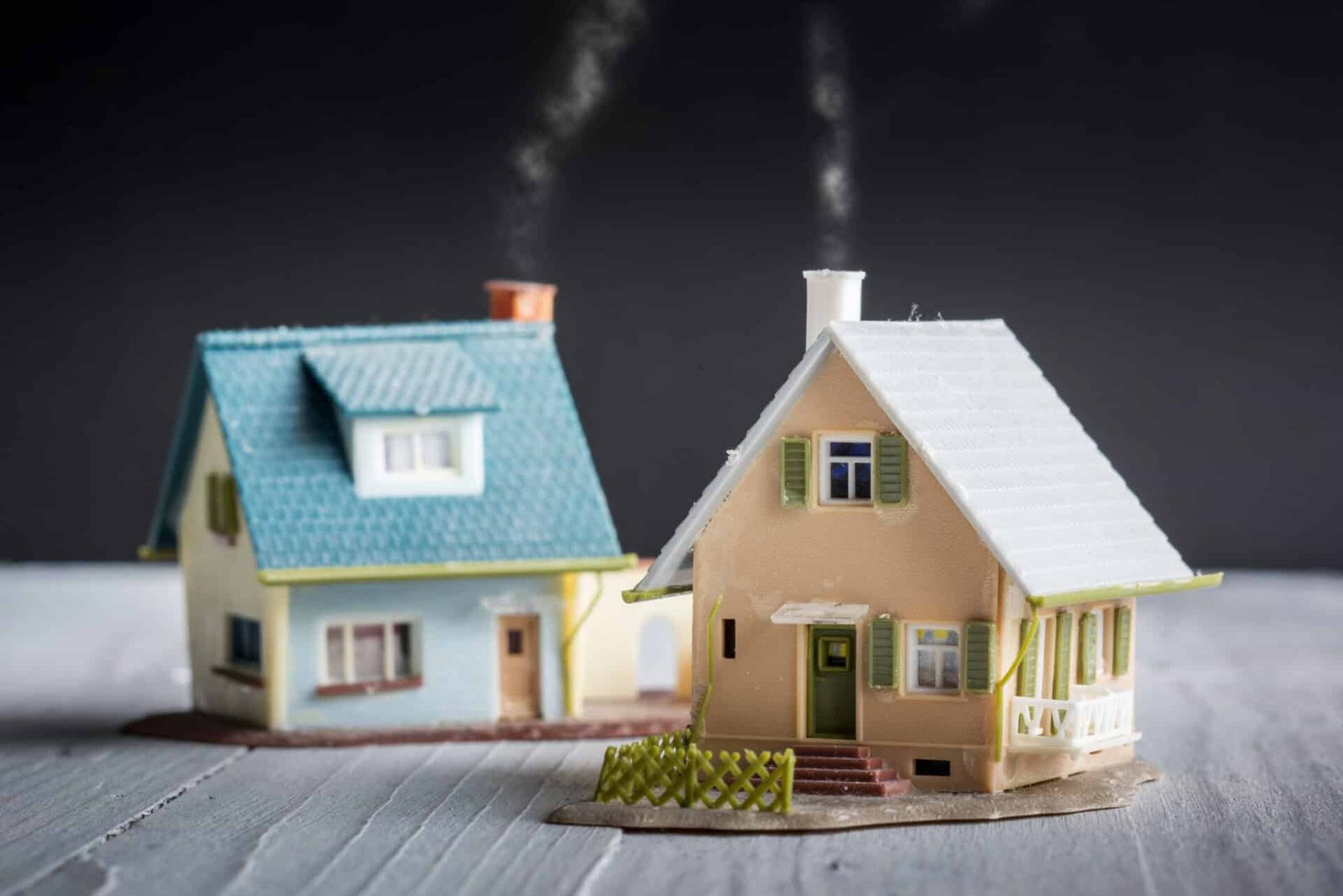If you are a contractor considering borrowing money against your house to purchase another property for investment purposes, there are a few important factors to consider. When you borrow against your home, you are essentially accessing the equity or capital tied up in the property. This can be used for various purposes, such as buying a second property.
To determine how much equity you have in your property, you can simply subtract the amount you still owe on your mortgage from the current value of your home. For example, if your home is valued at £600,000 and you have £200,000 left to pay on your mortgage, your equity would be £400,000. This means you own a £400,000 portion of your home, while the lender owns the remaining £200,000.
By borrowing money against your house, you could potentially funds put towards the purchase of a new property. However, it’s important to note that being in “negative equity,” where the amount you owe on your mortgage exceeds the value of your property, will prevent you from borrowing against your house. In such cases, you may need to pay off more of your mortgage or wait for house prices to rise before considering borrowing against your home.
If you are satisfied with the amount of equity you own in your property, there are two main options available to you. The first option is to remortgage your home, which involves replacing your existing mortgage with a new one. This can be done with your current lender or a different lender. The second option is to take out a second charge mortgage, which is a separate mortgage that is secured against the equity in your property.
Remortgaging simplifies the process as you only have one mortgage and set of mortgage payments to manage. However, there may be early repayment charges and potentially higher interest rates associated with remortgaging. On the other hand, a second charge mortgage allows you to retain your current mortgage deal for your first mortgage, potentially saving you money. However, you will have two mortgages and two sets of mortgage payments to manage, and interest rates on second charge mortgages are often higher.
Once you have arranged your remortgage or second charge mortgage, you can use the released funds as a deposit for your new property or to make a cash purchase if you have raised enough money. It’s important to note that if you plan to invest in a buy-to-let property and require a mortgage, you will need to apply for a specific contractor buy-to-let mortgage.
When buying a second property, it’s important to consider the deposit required, as lenders typically require a larger deposit for a second property. Additionally, there is an additional 3% Stamp Duty Land Tax (SDLT) imposed on second properties.
Before proceeding with borrowing against your home, it is advisable to seek independent financial advice. While there are benefits to accessing the equity in your home, such as starting a buy-to-let business or helping your child onto the property ladder, it’s crucial to consider the increased mortgage repayments and the potential risk of negative equity if house prices decline. Additionally, it’s important to remember that a mortgage loan is secured against your property, which means there is a risk of repossession if you fail to keep up with your mortgage payments.
FAQ’s
Allow us to address some frequently asked questions regarding borrowing against your house for the purpose of purchasing another property.
Is it possible to borrow against your home with bad credit?
Depending on your specific circumstances, it may still be feasible, although your options for lenders may be limited. A mortgage broker, such as My Contractor Broker, can assist you in finding a lender who specialises in mortgages for contractors with previous credit issues.
Can you borrow against your home if you have utilised the Help to Buy scheme?
No, there are only a few circumstances under which you are permitted to remortgage your Help to Buy home to borrow funds, and purchasing another property is not one of them.
Is it possible to borrow against a property that you fully own?
Indeed, it may be possible to obtain a mortgage on a property that you own outright (also known as an “unencumbered” property) in order to purchase a new house. As with any mortgage, potential lenders will evaluate your financial situation and the purpose of the loan before granting approval.
Can you borrow against your home to purchase a property overseas?
In many cases, lenders will indeed permit you to remortgage your home in order to facilitate the purchase of another property abroad. If you are unable to purchase the new property outright, you will require a specialised overseas mortgage. Additionally, please be aware that there will be varying property taxes and charges depending on the country in which the new property is located.


